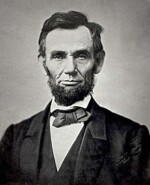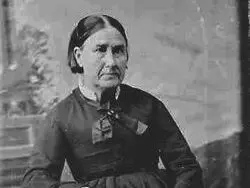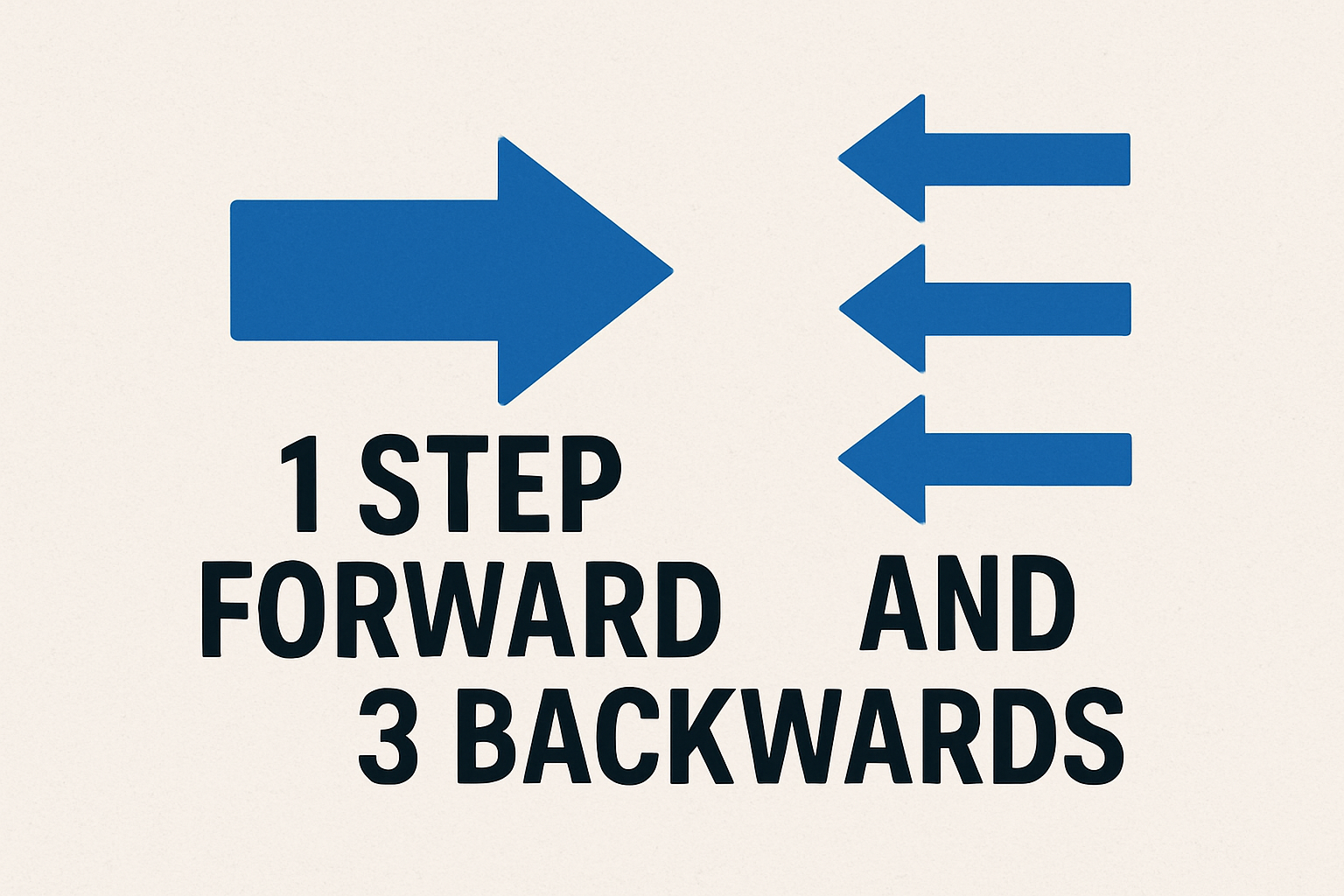This is a story of a widow Lydia Parker Bixby (1801 – 1878) from Boston and her five sons died on the battlefield. The extraordinary sacrifice of Bixby caught the attention of the government of Massachusetts and the former president of America, Abraham Lincoln. Such a great honour Mrs Lydon Bixby received from the president Abraham Lincoln. The Bixby’s letter had become one of the memorable one as it was handwritten by Lincoln. And registered in the literature of American history.
The letter was identified as “Mother of five sons who were killed in battle”. When single, short, Lydia Bixby visited the office of the Adjutant General of Massachusetts,
“I’m Mr Bixby, Mrs Lydia Bixby of Hopkinton... You may recall my visit of two years ago, what his excellency kindly advanced me forty dollars through this office to visit my son in the army hospital at Washington. I had to come to apply for a pension, he is dead.”
Lydia Bixby

The Adjutant General kindly attempted few more inquiries to the sad and pensive heart. Bixby placed her documents (letters from the field) each informing her the death of her son. After ten days, the Adjutant General sent the below letter to the government of Massachusetts,
Adjutant General's Office, Boston, September 24, 1864. His Excellency, John A. Andrew, Governor and Commander-in-Chief. Governor:
“Your Excellency may remember that I had the honor two years ago to speak to you of a widow lady, Mrs. Bixby, in the middle walks of life, who had five sons in the Union Army. One of whom was wounded in Antietam and was sent to a hospital in Baltimore or Washington. She was very anxious to go and see him, and Your Excellency was kind enough to draw your check for Forty Dollars (540) to pay her expenses, and she made her journey. The boy recovered and joined his regiment again. About ten days ago Mrs. Bixby came to my office and showed me five letters from five different company commanders, and each letter informed the poor woman of the death of one of her sons. Her last remaining son was recently killed in the fight on the Weldon rail- road. Mrs. Bixby is the best specimen of a true-hearted Union woman I have yet seen. With great respect, I have the honor to be your Excellency's obedient servant, Wm. Schouler, Adjutant General.”
Twelve days later, on 1st Oct requested a detail reports which was furnished in the letter below.
Adjutant General's Office,
Boston, October 12, 1864. Major Thomas M. Vincent, U. S. A. Ass’t Adjutant General, Washington, D. C. Major :
I have the honor to acknowledge the receipt of your letter of the 1st instant, requesting me to send you the names of the five sons of Mrs. Bixby—who were in the military service ; also the regiments and companies to which they be- longed.
They were as follows :
- Sergeant Charles N. Bixby, Co. D, 20th Regiment, mustered in July 28, 1862 ; killed at Fredericksburg, May 3, 1863.
- Corporal Henry Bixby, Co. K, 32nd Regi- ment, mustered in August 5, 1862 ; killed at Gettysburg, July, 1863.
- Private Edward Bixby, recru’t for 22nd
Regiment, Mass. Vols. Died of wounds in Hospital at Folly Island, S. C. He ran away from home and was mustered in the field. - Private Oliver C. Bixby, Co. E, 5Sth, Mass. Vols. Mustered March 4, 1864, killed before Petersburg, July 30, 1864.
- Private George Way Bixby, Co. B, 56tb Regiment, Mass. Vols. Mustered March 19. 1864. Killed before Petersburg, July 30, 1864.
The last named, George, enlisted under the assumed name of “George Way.” His name was George Way Bixby. The reason why he did not enlist under his proper name was to conceal the fact of his enlistment from his wife. Very respectfully.
Your obedient servant,
Wm. Schouler.
Adjutant General.
President Lincoln was touched by the story of sacrifice by Bixby. Abraham Lincoln wrote a letter of condolence in his handwriting to Lydia Bixby,

Executive Mansion
Washington, Nov. 21, 1S64. To Mbs. Bixby, Boston, Mass.
Dear Madam,
I have been shown in the files of the War
Department a statement of the Adjutant General of Massachusetts that you are the mother of five sons who have died gloriously on the field of battle. I feel how weak and fruitless must be any word of mine which should attempt to beguile you from the grief of a loss so overwhelming. But I cannot refrain from tendering you the consolation that may be found in the thanks of the republic they died to save.
I pray that our Heavenly Father may assuage the anguish of your bereavement and leave you only the cherished memory of the loved and lost, and the solemn pride that must be yours to have laid so costly a sacrifice upon the altar of freedom. Yours very sincerely and respectfully,
A. Lincoln.
Also, read: INDIRA GANDHI’S LETTER TO NEHRU (HER FATHER), LETTER OF M K GANDHI TO ADOLF HITLER, ON DESIST OF World War 2



















